UNDP Sidelines Local Talent for Costly Foreign Hires Amidst Shrinking Aid
Controversy Brews Over Adherence to National Policy and Fiscal Prudence
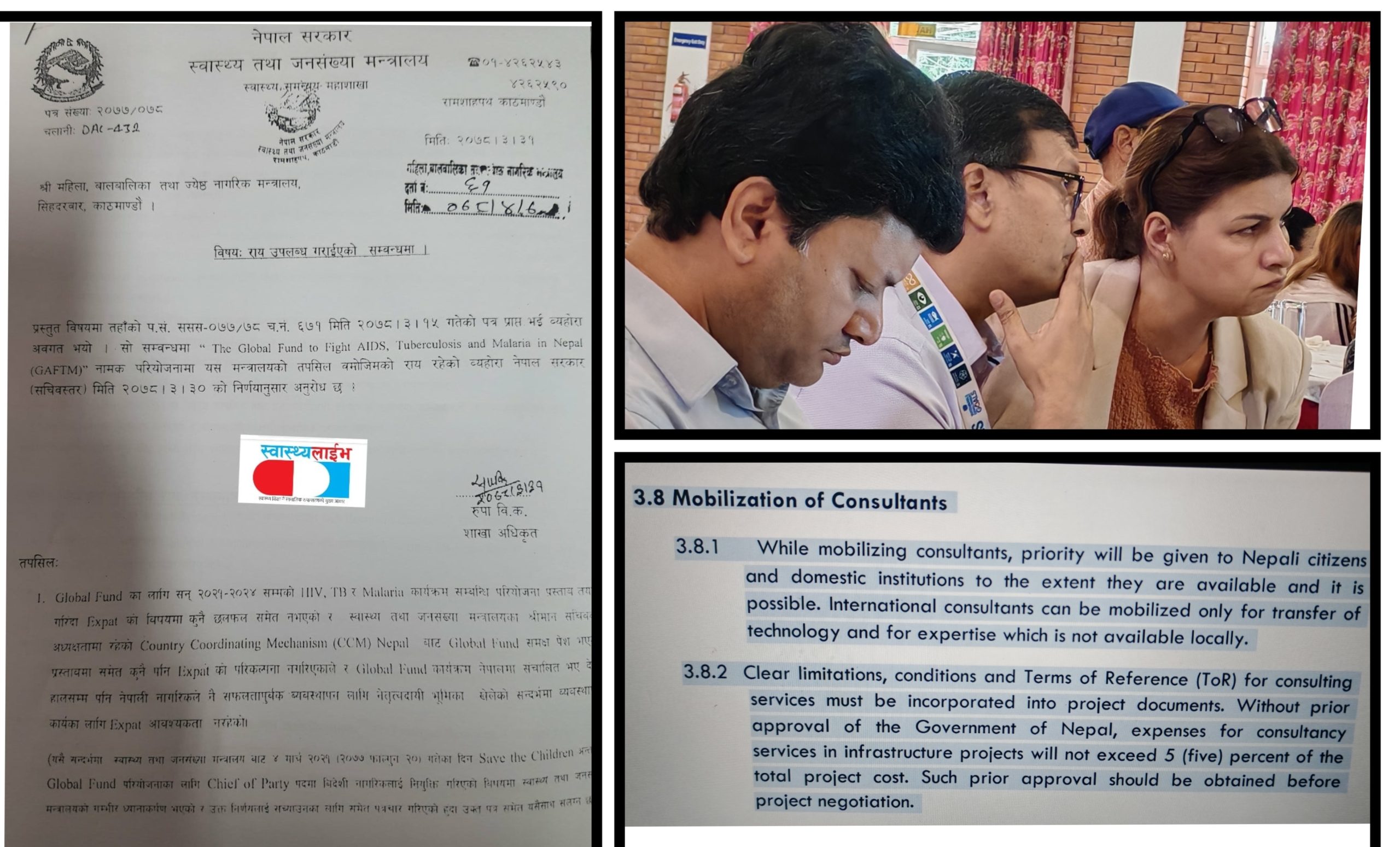
Kathmandu,- The United Nations Development Programme (UNDP) in Nepal is facing mounting criticism over its recruitment of expensive international staff, even as Global Fund grants decline and qualified Nepali professionals remain readily available. Critics charge that these appointments not only contravene national policy but also divert crucial funds from direct health initiatives, raising significant questions about the transparency and accountability of a prominent international aid agency.
Breaching National Directives: The IDCP and the Global Fund Mandate
The heart of the controversy lies in UNDP’s role as the Principal Recipient (PR) of Global Fund grants in Nepal, funds specifically earmarked for combating tuberculosis, HIV, and malaria. Despite a continuous reduction in these grants — a trend exacerbated by cutbacks in U.S. assistance — the UNDP has reportedly appointed foreign nationals to key positions, including an Iranian national as Programme Manager. This action is in direct contravention of Nepal’s 2019 International Development Cooperation Policy (IDCP), which explicitly mandates priority for domestic citizens based on their capacity and qualifications, allowing for the hiring of foreign experts only when specific expertise is demonstrably unavailable and with explicit government approval.
This situation echoes a past challenge for another international agency in Nepal. Save the Children, a former Global Fund PR, similarly attempted to recruit foreign staff but was ultimately compelled by government directives and stakeholder opposition to reverse its decision and appoint Nepali experts instead. The UNDP, however, appears to be resisting similar pressure, sparking accusations of a disregard for established national guidelines and a lack of responsiveness to local concerns.
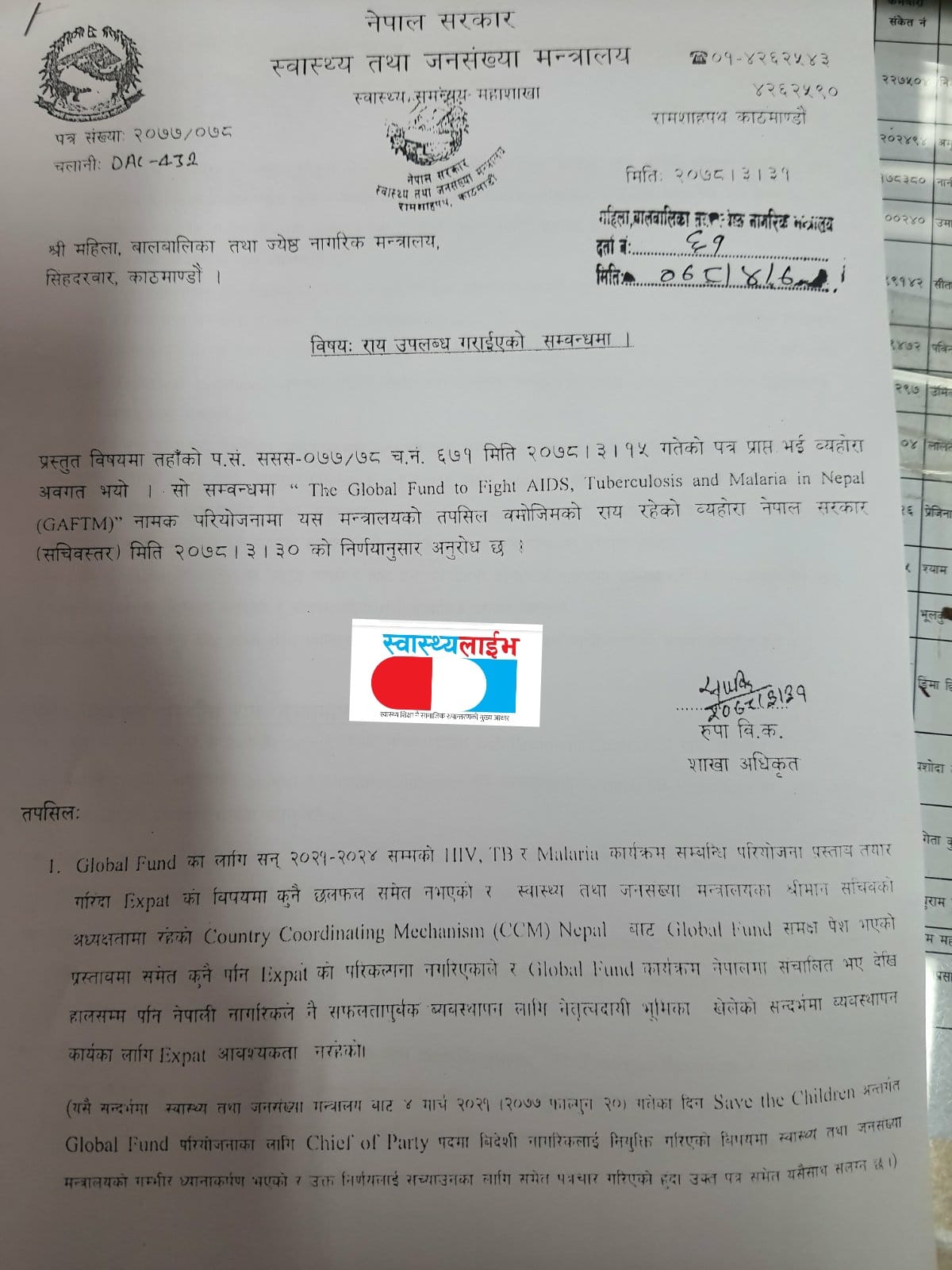
Financial Drain on Health Programs: High Salaries vs. Shrinking Budgets
The financial ramifications of these recruitment decisions are substantial. Salaries and benefits for international staff are considerably higher than those for their Nepali counterparts. Officials have expressed serious concerns that these inflated expenses are directly siphoning resources from vital health programs at a time when funds should be meticulously channeled towards treatment, essential medicines, and community-based interventions. Internal emails reportedly circulating within the Global Fund indicate an urgent need to “downscale programmes” due to shrinking budgets. Yet, paradoxically, UNDP has seemingly prioritized costly foreign hires over reining in its own administrative overhead or supporting the existing cadre of capable Nepali staff.
Allegations of Irregularities: Fake Certificates and Incompetent Appointments
Further allegations of irregularities compound the controversy surrounding UNDP’s seventh cycle of Global Fund grants. Reports suggest the appointment of individuals allegedly possessing fake academic certificates, the placement of incompetent personnel in critical technical roles, and the recruitment of individuals in various positions for which they are purportedly unqualified or unrelated. The appointment of Gajananda Bhandari to a senior position using what are widely alleged to be fraudulent certificates has particularly highlighted the “unreliable, non-transparent, and dubious” nature of UNDP’s human resource processes, according to concerned stakeholders.
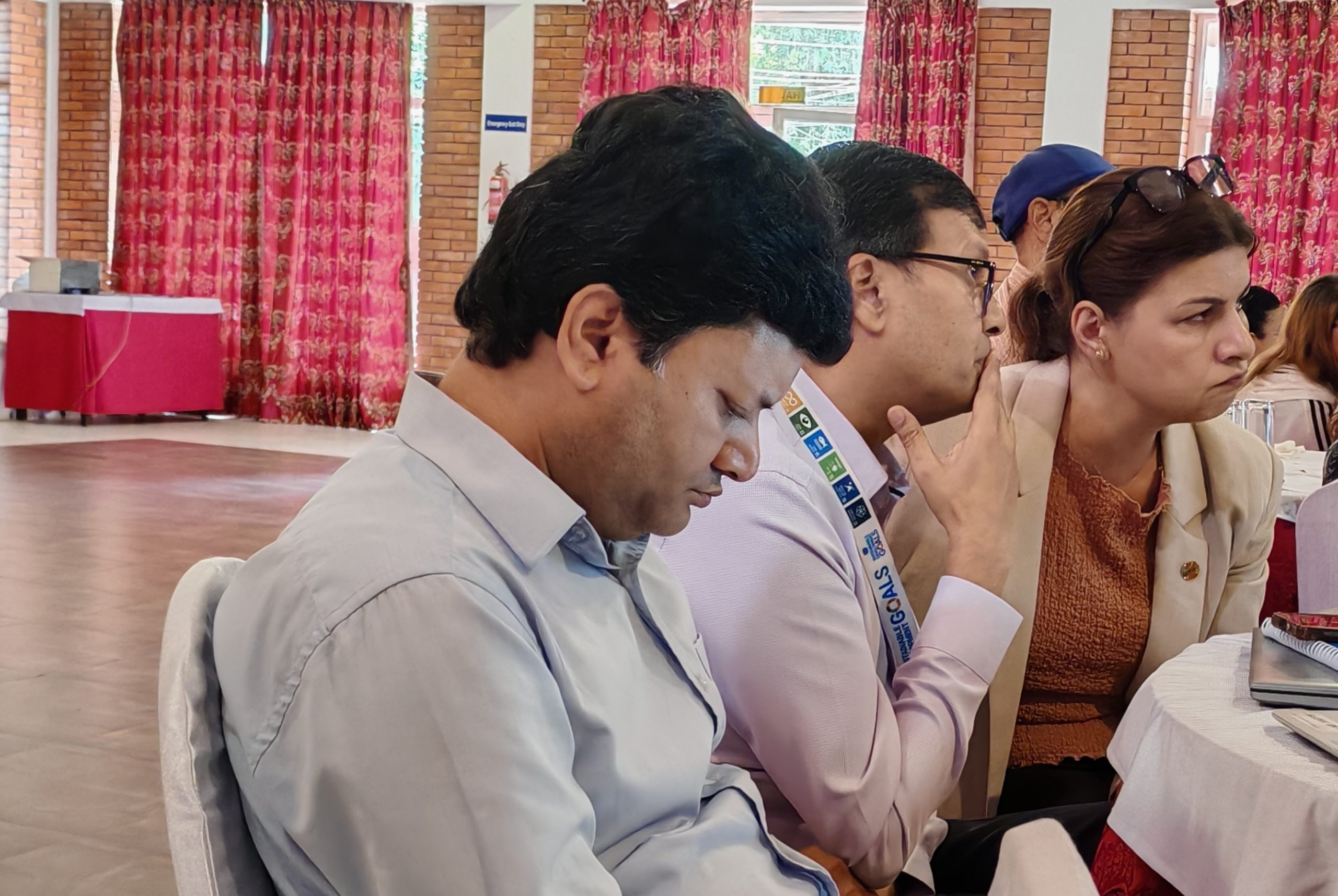
Health Secretary Dr. Bikash Devkota has reportedly called for the immediate removal of such controversial appointees, unequivocally stating that individuals of questionable integrity should not be entrusted with the management of government-supported programs.
Nepali Law Undermined: Strict Employment Regulations Ignored
Nepali law, including the Labour Act, 2074 (2017), is unequivocal in its prohibition of employing foreign nationals without a labor permit. Such permits are granted only upon irrefutable proof that no qualified Nepali candidate is available, necessitating a national advertisement of the position to confirm the absence of suitable local talent. Furthermore, international non-governmental organizations (INGOs) and UN bodies operating in Nepal are generally required to obtain prior government approval before hiring foreign staff and are expected to implement a mandatory training and replacement plan to ensure the eventual handover of responsibilities to Nepali professionals. These stringent legal and policy frameworks underscore Nepal’s foundational commitment to fostering national ownership and building indigenous capacity in all facets of development cooperation.

Threat to National Ownership and Development Efficacy
Critics contend that UNDP’s actions represent a “direct interference in Nepal’s national ownership and policy,” undermining the country’s sovereign right to determine its development priorities and manage its human resources. Experts have openly questioned the transparency, competitiveness, and overall fairness of recruitment processes within UNDP and other UN agencies operating in Nepal. Accusations of nepotism, favoritism, and undue influence have begun to surface more openly, suggesting a systemic issue rather than isolated incidents.

The prevailing sentiment among a growing chorus of observers is that such practices constitute a gross misuse of resources, prioritizing expensive foreign personnel over readily available and equally capable local talent, thereby directly impeding the efficacy of crucial public health initiatives in Nepal.

The unfolding situation demands immediate and thorough scrutiny from both the senior leadership of the UNDP and the broader international community. It is imperative that these organizations uphold the fundamental principles of transparency, national ownership, and responsible resource allocation in development aid, ensuring that assistance genuinely serves the needs of the recipient country and its citizens.
क्याटेगोरी : English, समाचारट्याग : ##CCM Nepal, ##Global Found NEPAL, ##mohp nepal, ##UNDP NEPAL

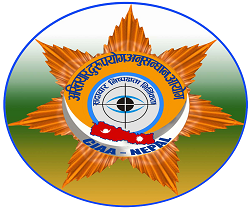
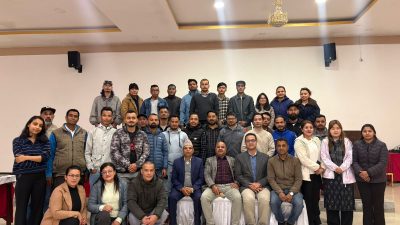


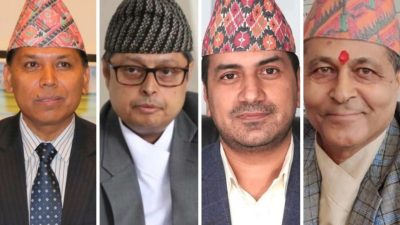
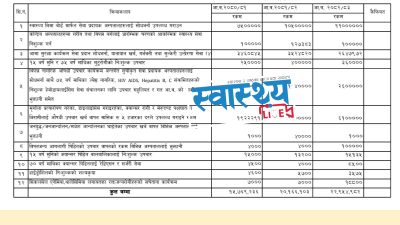
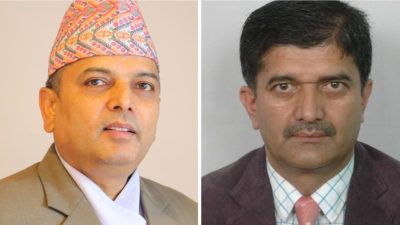
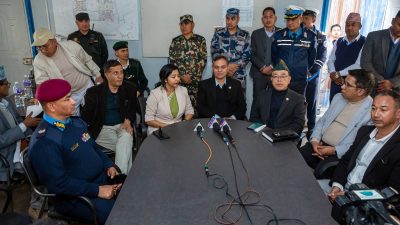

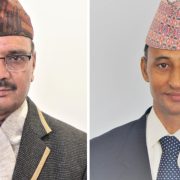

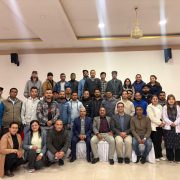

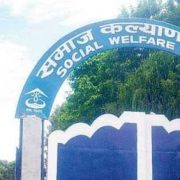
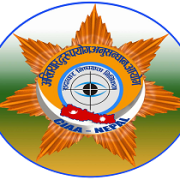
तपाईको प्रतिक्रिया दिनुहोस